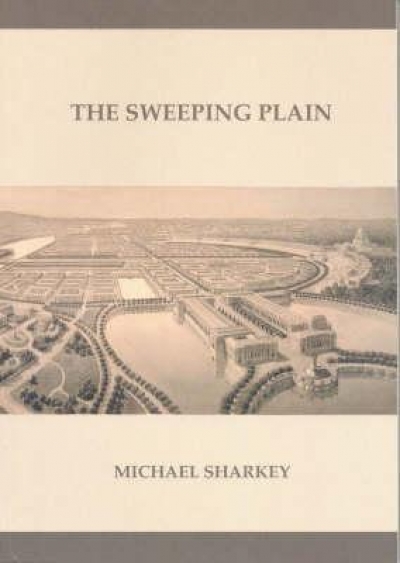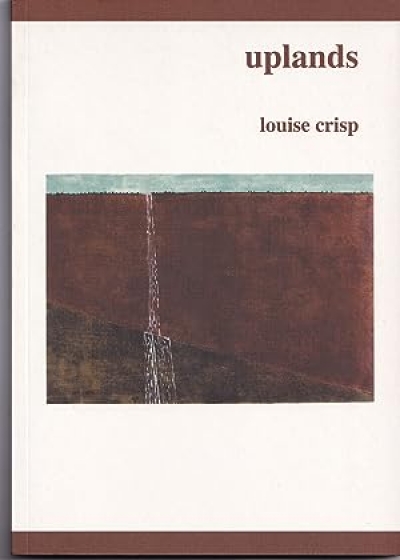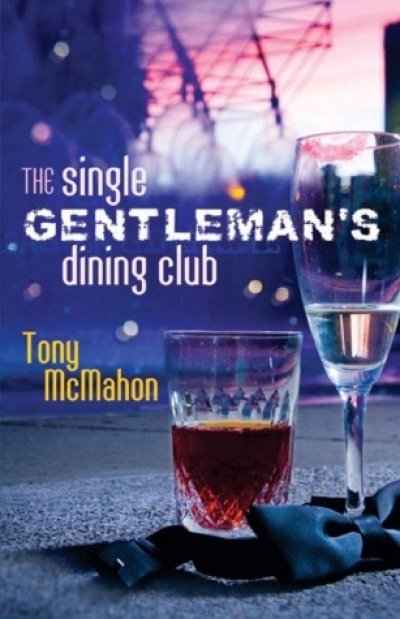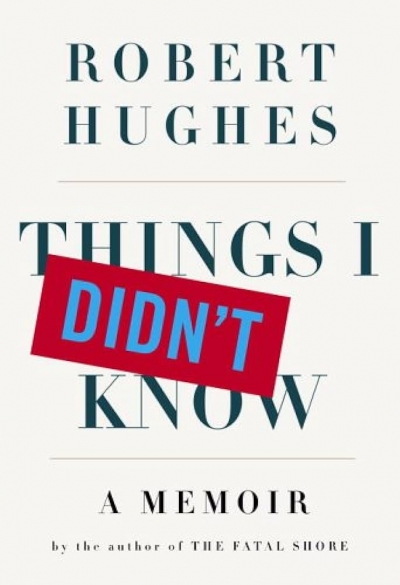Michael Gurr was Victorian Premier Steve Bracks’s first senior speechwriter. I am his latest. Gurr worked for Victorian Treasurer John Brumby when he was leader of the state opposition in the mid-1990s. So did I. Gurr wrote the launch speeches for Steve Bracks’s successful 1999 and 2002 state election campaigns. As I type this review, I am also, coincidentally, in the midst of ballpointing my way to the summit of my first draft of the launch speech for the 2006 campaign (a campaign that I cannot know the result of as I type, but you will already know as you read this). The coincidences do not end there.
Gurr’s speech for the 1999 campaign – one made famous by the unexpected defeat of Premier Jeff Kennett – was launched in Ballarat. The 2006 campaign will be launched in Ballarat. Gurr is known in Labor circles as a ‘creative type’ (read: prolific, award-winning playwright of works such as Jerusalem and Sex Diary of an Infidel). I am also known as a ‘creative type’ (novelist and poet). And yet, despite all these coincidences and intersecting lines, not to mention the backbench of associates we have in common, Gurr and I had never met when a speech request landed on my desk a while back with the title ‘Michael Gurr book launch’. Of course, I knew of Gurr. Sort of.
...
(read more)









